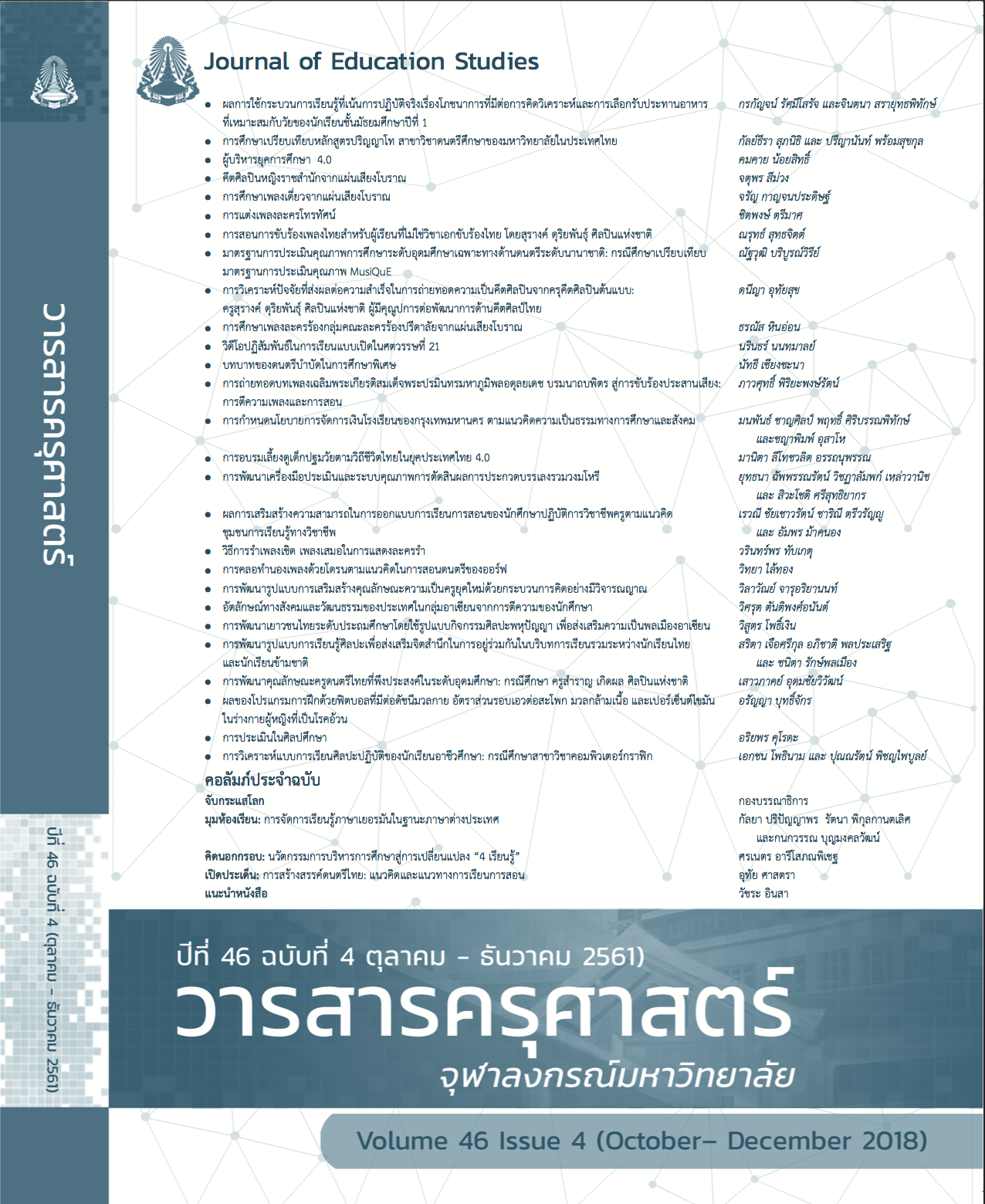การจัดการเรียนรู้ภาษาเยอรมันในฐานะภาษาต่างประเทศ
Keywords:
LEARNING MANAGEMENT, GERMAN AS A FOREIGN LANGUAGE, LEARNERS’ LANGUAGE BACKGROUNDAbstract
Learning management as well as research studies within the area of teaching German as a foreign language nowadays focus on the differences in the learners’ language backgrounds. Learners have experiences from learning their mother tongue language, which is the important foundation for learning other languages. Thus, the principles of learning German as a foreign language give importance to languages and language knowledge that the learners gained before learning German and the learning experiences of the learners. The principle is based on a comparison of the similarities and differences of languages which can be used for learning structure and vocabulary. Focusing on reading and listening practices and addressing learners’ interests, teachers should select content and activities according to learners’ interests and learners’ knowledge levels. This will hasten the learners to bring their background knowledge, experiences and learning strategies from other languages to understand a new language. All these elements will help the learners understand, learn quickly and effectively and encourage lifelong learning among them.




